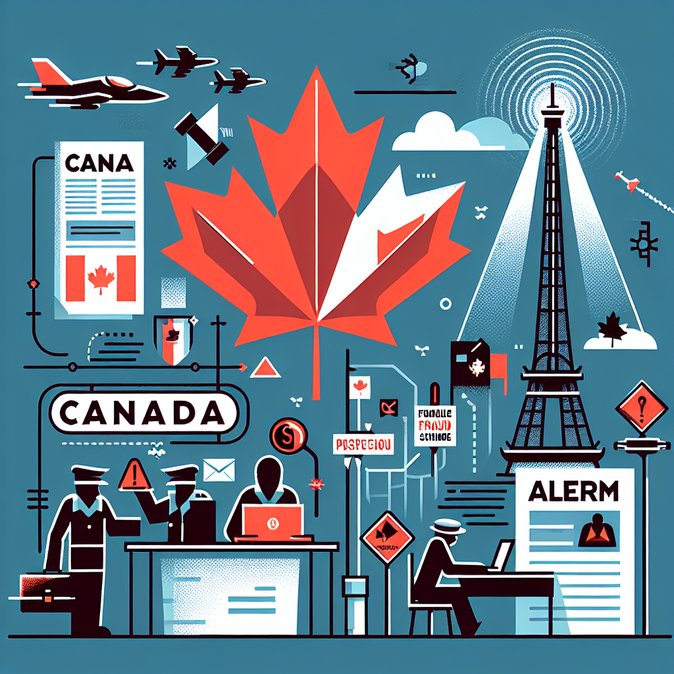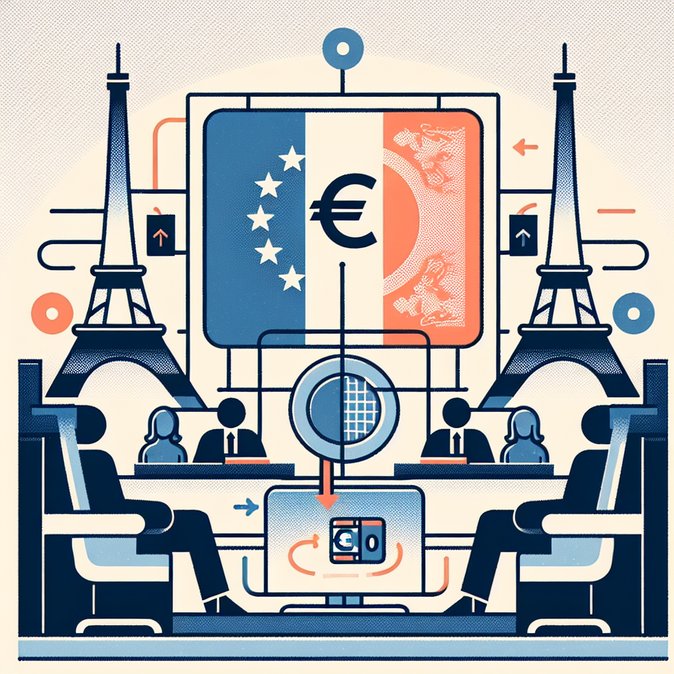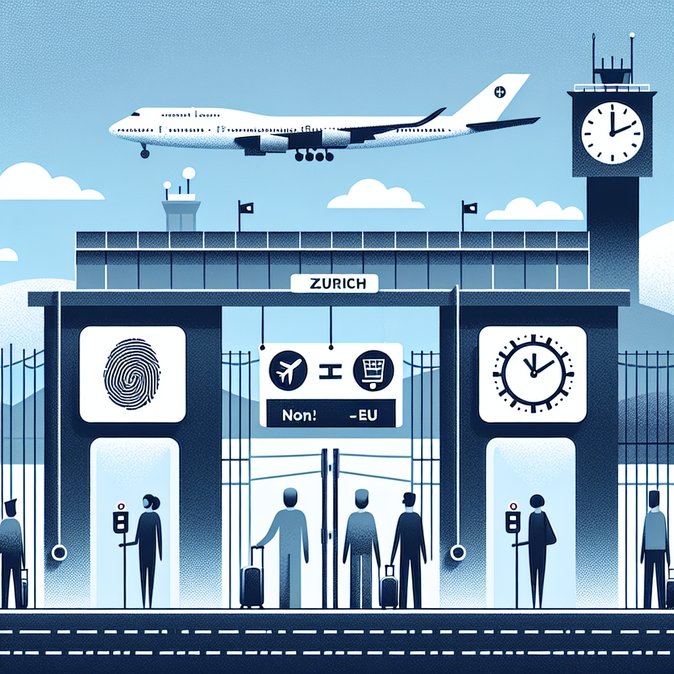
Global Affairs Canada updated its European travel advisories on 21 November 2025, adding France to a list of destinations where visitors may face “lengthy visa processing, rising fraud and strike-related disruptions.” The notice, aimed primarily at Canadian citizens but closely watched by the corporate-travel sector, highlights growing complaints about delays in securing long-stay and work-related Schengen permits at French consulates.
According to the advisory, some applicants are waiting up to eight weeks for appointment slots, a knock-on effect of staff shortages and the seasonal surge linked to Paris-based events such as Fashion Week and preparations for the 2026 Winter Olympics in Milan–Cortina, which are already increasing intra-EU travel flows. The bulletin also warns of sophisticated scams targeting tourists, from fake event tickets to rental-housing fraud, and reminds travellers that pick-pocketing remains common in major French hubs.
![Canada issues travel advisory for France citing visa delays and tourist scams]()
For multinational employers, the Canadian guidance underscores a broader trend: non-EU nationals relocating to France face longer lead-times and may need to budget extra for premium-processing or legal assistance. Mobility managers should review assignment timelines, ensure employees use official France-Visas portals, and include anti-fraud briefings in pre-departure training.
French tourism officials downplayed the warning, pointing to record 2025 arrival numbers and noting that Schengen-wide digitalisation projects such as the Entry/Exit System will eventually streamline border formalities. Nevertheless, travel-risk providers expect insurers to adjust premiums for business-traveller theft claims in Paris, Marseille and Lyon.
Because Canada’s advisories influence many multinational duty-of-care programmes, the update could trigger automatic risk-level reviews and itinerary approvals for employees of Canadian-owned firms operating in France. HR teams should verify whether their corporate-security policies reference Government of Canada thresholds and update checklists accordingly.
According to the advisory, some applicants are waiting up to eight weeks for appointment slots, a knock-on effect of staff shortages and the seasonal surge linked to Paris-based events such as Fashion Week and preparations for the 2026 Winter Olympics in Milan–Cortina, which are already increasing intra-EU travel flows. The bulletin also warns of sophisticated scams targeting tourists, from fake event tickets to rental-housing fraud, and reminds travellers that pick-pocketing remains common in major French hubs.

For multinational employers, the Canadian guidance underscores a broader trend: non-EU nationals relocating to France face longer lead-times and may need to budget extra for premium-processing or legal assistance. Mobility managers should review assignment timelines, ensure employees use official France-Visas portals, and include anti-fraud briefings in pre-departure training.
French tourism officials downplayed the warning, pointing to record 2025 arrival numbers and noting that Schengen-wide digitalisation projects such as the Entry/Exit System will eventually streamline border formalities. Nevertheless, travel-risk providers expect insurers to adjust premiums for business-traveller theft claims in Paris, Marseille and Lyon.
Because Canada’s advisories influence many multinational duty-of-care programmes, the update could trigger automatic risk-level reviews and itinerary approvals for employees of Canadian-owned firms operating in France. HR teams should verify whether their corporate-security policies reference Government of Canada thresholds and update checklists accordingly.


